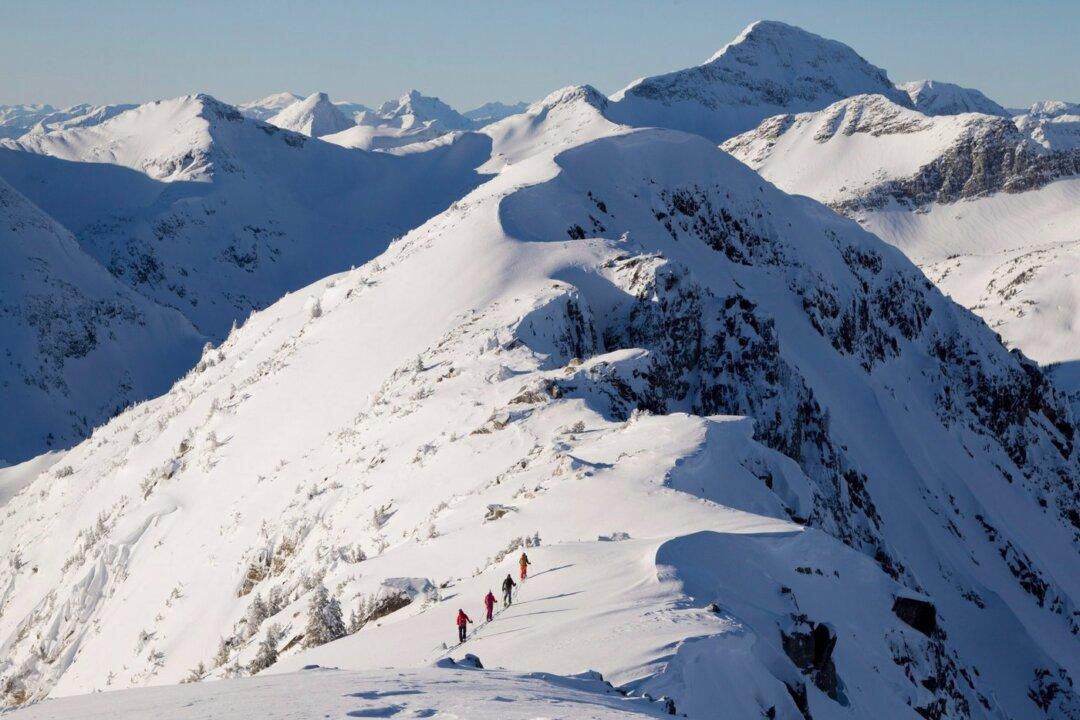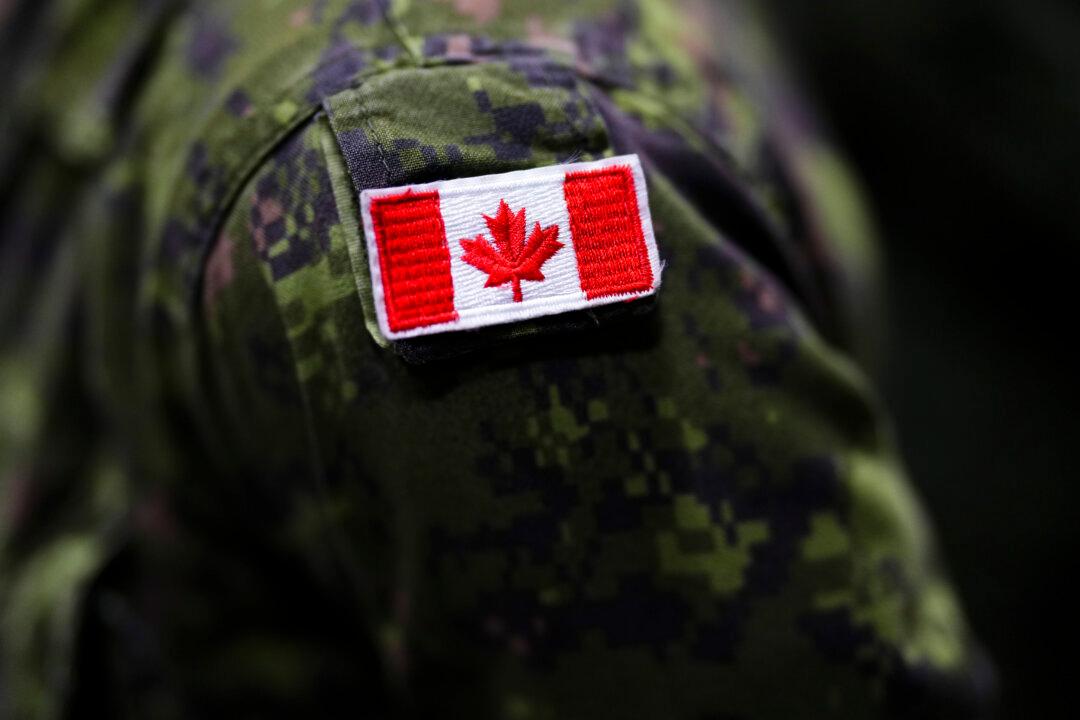Extreme cold and bitter winds are pushing in from the Arctic through Yukon, the Northwest Territories, B.C., Alberta, and Saskatchewan, bringing wind chill temperatures to as low as -55 C in some regions.
The warnings of “the first arctic intrusion of the year” from Environment Canada cover parts of the territories, much of central and northern British Columbia and northern sections of Alberta and Saskatchewan.





